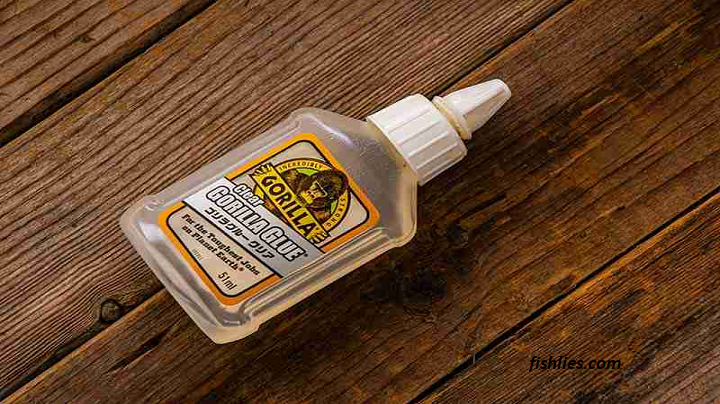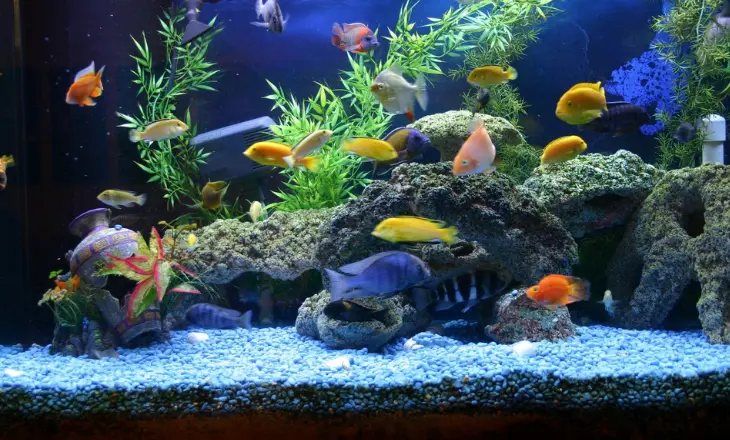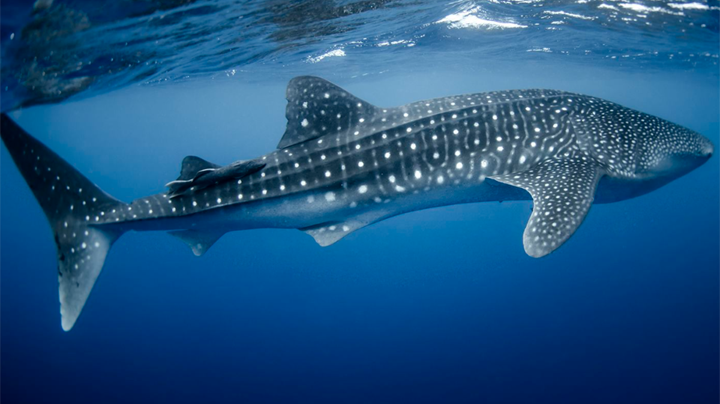Gorilla Glue has become a popular household product due to its ability to adhere materials together securely. Is Gorilla Glue safe for plants? The answer is yes, but there are a few tips you should consider when using Gorilla Glue on your plants. In this article, we’ll cover the safety of Gorilla Glue for plants and provide some additional advice for getting the best results.
What is Gorilla Glue?
Gorilla Glue is an all-purpose adhesive used to bond many surfaces and materials. This strong, versatile glue is ideal for many home, office, or school projects.
It is waterproof, temperature-proof, and works indoors and outdoors. Gorilla Glue was initially developed for industrial use in the 1970s but has become one of the most popular adhesive products today.
Is Gorilla Glue Safe For Plants?
Cyanoacrylate products are widely used in gardening, but the safety of using them around plants varies depending on the product’s formulation and concentration levels.
If a Gorilla Glue product contains high concentrations of either polymer, In that case, it may have detrimental effects on the plant’s growth or irritate its leaves or stems if applied directly onto them. Alternatively, low concentrations of either component should be safe as long as they are kept from direct contact with the plant’s parts.
Gorilla Glue for Aquariums
This glue creates a powerful and waterproof bond, making it ideal for aquariums. It can be used in several applications, such as attaching rocks, coral, and backgrounds to the inside of an aquarium tank.
In addition, Gorilla Glue provides superior hold when connecting pieces of piping necessary for creating a proper filtration system.

Gorilla Glue has multiple uses in an aquarium setting; it’s also clear and non-toxic when appropriately cured. This makes it safe to use around fish and other aquatic animals without causing any harm or hazards to them or their environment.
When applying the glue correctly, you will have a durable hold that will be sealed tight with no leaks or gaps.
Is Gorilla Glue Safe For Fish?
Yes, Gorilla Glue is safe for fish once it has completely cured. It is a non-toxic adhesive that does not contain any harmful chemicals. The curing process takes 24 hours, so make sure you wait until then before exposing your fish to the glue.
Does Gorilla Glue Leach Into Water?
Yes, Gorilla Glue can leach into the water if it has not been fully cured. It is important to follow the instructions on the packaging and allow the glue to cure completely before exposing it to water. This will help ensure that all of the solvents have evaporated and the bond is safe for contact with liquids.

Is Gorilla Glue Super Glue?
Gorilla Glue is an all-purpose adhesive that can replace traditional glues and epoxies for most projects. It was designed to be strong, waterproof, and long-lasting; however, it doesn’t have the same bonding abilities as true superglue.
The primary difference between Gorilla Glue and traditional superglue lies in its formulation. While both products contain cyanoacrylates, which form solid bonds when they come into contact with water molecules in the air, Gorilla Glue includes additional ingredients like polyurethane that add strength and flexibility to its bond.
Is Gorilla Glue Toxic When dry?
Recent studies suggest that when dried completely, Gorilla Glue is safe to use around the home and can even be beneficial in specific environments. In addition to being non-toxic when dry, Gorilla Glue has also been tested and proven safe for plants and aquariums.
Which is Stronger, Gorilla Glue or Epoxy?
Gorilla Glue and epoxy are both popular options for DIY and making repairs. But which one is stronger? The answer lies in the environment in which they will be used.
Gorilla Glue is a polyurethane adhesive that works well on wood, stone, metal, ceramic, and more. It’s highly waterproof and dries quickly with an almost invisible bond line.
On the other hand, epoxy is a two-part resin system that can provide superior strength when properly mixed. Epoxy has excellent resistance to heat, water, and chemicals, making it ideal for outdoor applications or where temperature extremes may occur.
What can Gorilla Glue are used on?
It can bond materials, including wood, stone, metal, ceramic, foam, glass, etc. Whether you have household repairs or crafting projects, Gorilla Glue has covered you!
This multi-purpose glue is ideal for fixing broken items around the house and creating unique craft pieces and decorations. Its waterproof formula provides extra strength with a long-lasting hold that won’t break down over time in extreme temperatures or wet conditions.
Its strong bonding capabilities are so impressive that it even works underwater! So no matter what project you’re tackling next–inside or outside–Gorilla Glue will help get the job done.
Can You Use Gorilla Glue On Porous Surfaces?
Yes, Gorilla Glue can be used on porous surfaces. It is waterproof and creates a strong bond between the two materials. However, it is essential to note that when using Gorilla Glue on a porous surface, you should dampen the surface slightly before applying the glue. This will help ensure a better bond.
Does Gorilla Glue Work On Metal?
Yes, Gorilla Glue works on metal surfaces. It is designed to bond wood, stone, metal, ceramic, foam, glass, and more. It is waterproof and can be used for both indoor and outdoor applications. It also has a strong holding power, making it ideal for metal surfaces.
Does Gorilla Glue Work On Plastic?
Yes, Gorilla Glue works on plastic. It is especially effective for bonding different surfaces such as metal, wood, ceramic, foam, and more. It is waterproof and can be used indoors or outdoors. It is also non-toxic and solvent-free, so that it can be used safely in many applications.
What is the Curing Time for Gorilla Glue?
Depending on the surface material being bonded together and environmental conditions, the curing time can vary from 24 to 48 hours.
One important factor that affects the curing time is temperature. Low temperatures or high humidity will slow down the drying process and could result in a longer cure time. It’s also recommended to clamp items glued together while drying, as this will help them stick better and ultimately reduce the overall cure time.
Using higher amounts of glue may also increase your cure times since it takes longer for thicker layers to dry out completely.
What are the Warnings for Gorilla Glue?
It’s best to be aware of the warnings associated with Gorilla Glue before deciding whether or not to use it.
The most urgent warning for Gorilla Glue is that it should never be ingested or inhaled. Consuming any brand of superglue can cause serious health issues such as abdominal pain, nausea, vomiting, and difficulty breathing.
Inhaling the fumes from any glue can also lead to nose, throat, and respiratory tract irritation, which can cause coughing and difficulty breathing. Additionally, all bonds should be kept away from children as they may mistake them for food or toys.
What is the Shelf life of Gorilla Glue?
The shelf life of Gorilla Glue varies, depending on the type and formulation of the product. Generally, unopened Gorilla Glue products have an indefinite shelf life when stored correctly in a cool, dry place away from direct sunlight or extreme temperatures.
Once opened, however, the effectiveness of the glue begins to diminish over time due to exposure to air and humidity. It’s recommended that all open containers be resealed tightly after each use to keep the adhesive as fresh as possible.
What kind of Glue is Safe for Aquarium Plants?
When setting up an aquarium, one of the most important decisions is what type of glue to use for securing plants and decorations. The wrong choice can be dangerous for your fish and other aquatic life, so it’s essential to pick a product that will not harm them.
Aquarium-safe glue provides a strong bond while remaining non-toxic and safe for all tank inhabitants.
The best glue to use in an aquarium is silicone-based sealant or adhesive. This type of glue is often labeled as “aquarium safe” or “reef safe,” meaning it won’t introduce harmful chemicals into the water. Silicone-based adhesives are explicitly designed for underwater applications, providing a durable bond without releasing hazardous substances into the water.
Can you Superglue Plants Underwater?
When using superglue underwater, it’s essential to use the correct type of adhesive. Many brands of superglue contain toxic ingredients that can harm fish and other aquatic life, so it’s best to use brands specifically designed for aquariums.
Applying too much adhesive can also cause problems, as the glue could poison the water if it leaches into the tank. Careful application is key when using this method in an aquarium setting.
Conclusion
Is Gorilla Glue Safe For Plants? Gorilla Glue is an effective and safe adhesive for plants. It creates a strong bond that can last for years while also allowing moisture to escape. This allows the plant to continue getting the oxygen it needs while being held together.
Additionally, Gorilla Glue is non-toxic, making it an ideal choice for those who want to be sure they are not harming their plants when gluing them together.
Read More: How to stop Mollies from Breeding | a Simple way |







